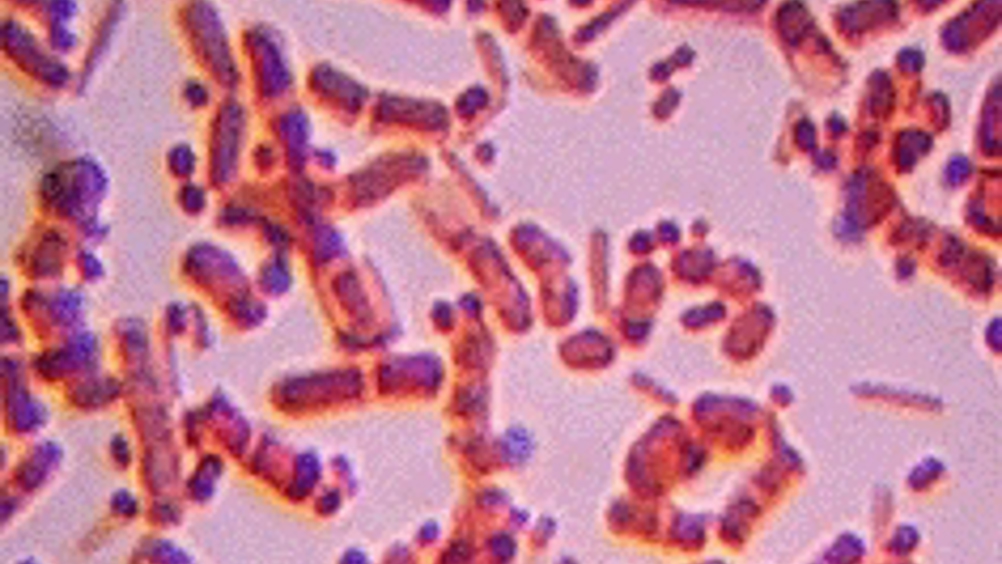UEA endoscope offers improved bowel imaging
A new kind of endoscope developed at the University of East Anglia (UEA) could aid in the early detection of inflammatory bowel disease.

Working alongside an international team of researchers, UEA has developed a system that involves a minitaurised microscope attached to the tip of a conventional colonoscope for use during routine colonoscopy.
Known as the Confocal Laser Endomicroscope (CLE), the tool allows clinicians to image the bacteria that are thought to trigger diseases of the bowel such as Crohn’s disease and ulcerative colitis.
Previously, viewing bacteria within the wall of the gut was problematic because biopsies would disrupt the structure of the mucosal architecture, preventing observation of the bacteria’s exact location and the way it interacts with its surrounding environment.
The CLE, however, uses a contrast agent within the gut mucosa, removing the need to cut into tissue. Instead a dye is injected into a patient’s vein to highlight the bacteria and allow it to be viewed at a sub-cellular level using the CLE.
The process is thought to detect bacteria with a sensitivity of 89 per cent. Prof Alastair Watson, who led the work at UEA, now wants to take the technique into larger patient groups for testing.
Register now to continue reading
Thanks for visiting The Engineer. You’ve now reached your monthly limit of news stories. Register for free to unlock unlimited access to all of our news coverage, as well as premium content including opinion, in-depth features and special reports.
Benefits of registering
-
In-depth insights and coverage of key emerging trends
-
Unrestricted access to special reports throughout the year
-
Daily technology news delivered straight to your inbox










Apprenticeship Funding Cuts to Cost Employers £214m
I had no idea the taxpayer was funding such an advanced level of education. Certainly graduates and post-graduates don´t receive comparable financial...